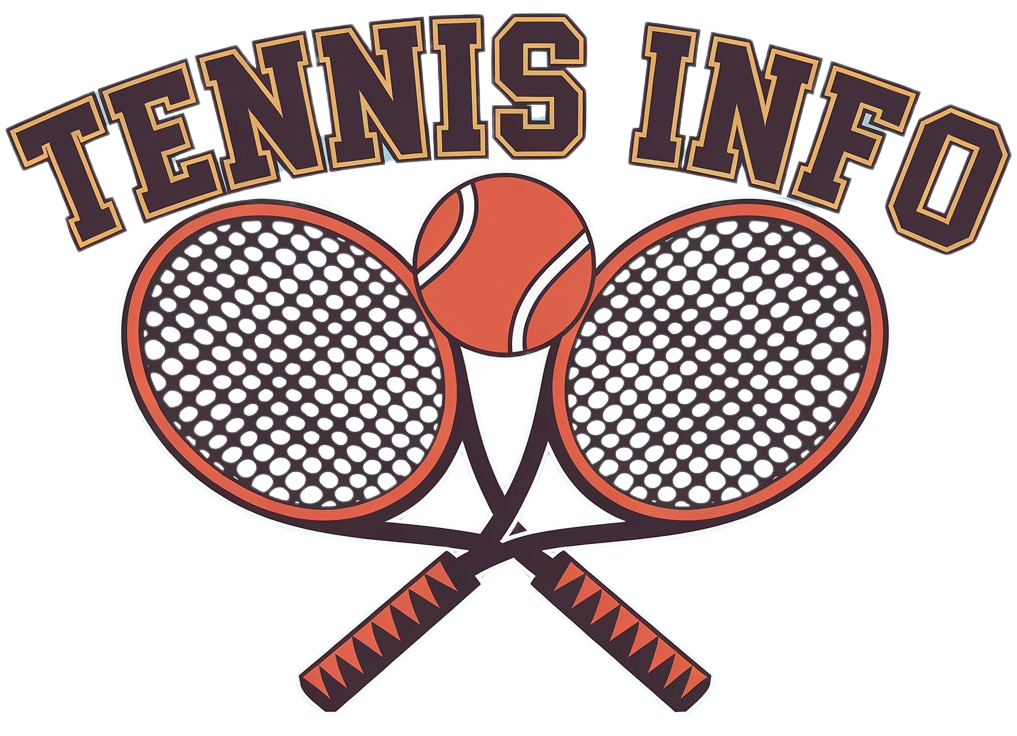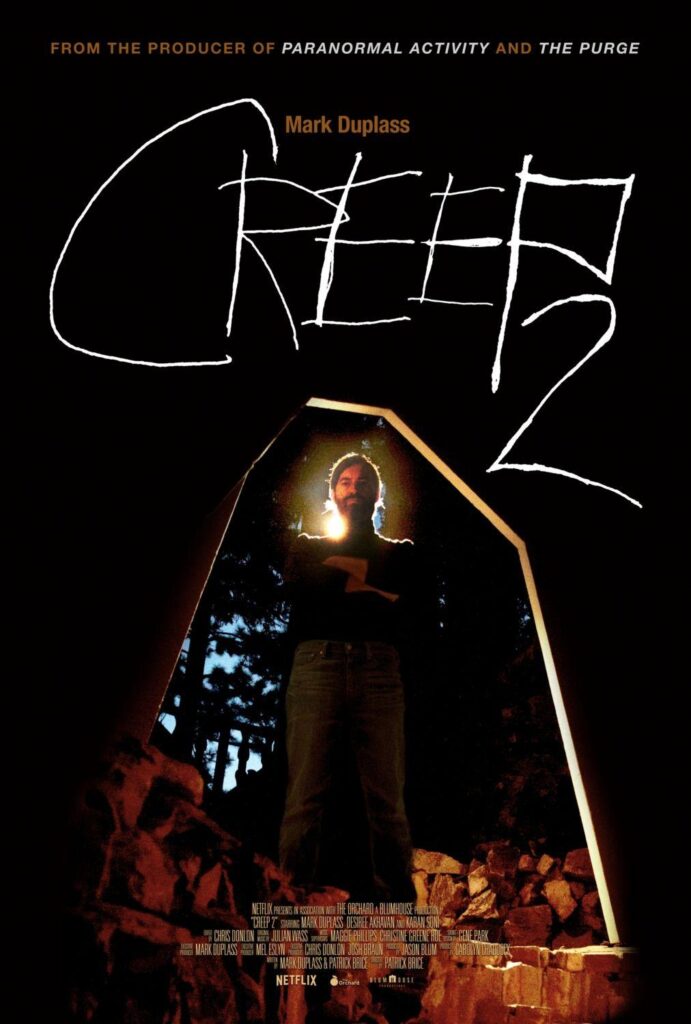Controversy Erupts at the US Open: A‚ÄĆ Closer Look at Fan behavior
During a recent match at the‚ÄĆ US Open, tennis player ‚ÄčKamil Majchrzak became embroiled in an unexpected controversy when a spectator was seen stealing his cap. This unusual incident quickly gained ‚ĀĘtraction online, leading‚Ā£ to widespread condemnation on various‚ÄĆ social media platforms. Many users described the individual as a “creep,” “lowlife,” and “greedy.” Such occurrences not only underscore the intense scrutiny athletes endure but‚Ā£ also prompt critical discussions about ‚Ā£acceptable fan behavior in professional sports. As reactions flood in from fans and analysts alike, we explore the implications of ‚Äčthis event and its broader meaning within the sports community.
Public Reaction to Cap Theft Incident‚Äč Raises Concerns About Fan Conduct
The incident involving Kamil Majchrzak’s cap theft has ignited outrage across social media channels. Critics have taken to platforms like Twitter to express their disapproval, labeling the offender with terms such as *”Creep,” “Lowlife,”* and *”Greedy.”* This ‚Äčswift public backlash raises significant‚Ā§ questions regarding ‚ĀĘfan conduct during major sporting events, revealing a troubling ‚Äćtrend of disrespect towards athletes. many spectators argue that such ‚Ā£actions ‚ÄĆnot only detract from sportsmanship but also create an uncomfortable environment for players striving to concentrate on their performance.
Considering this incident, conversations‚ÄĆ surrounding player ‚Ā§conduct and fan interactions have intensified. concerns ‚ĀĘare ‚Äćgrowing about how far some fans will go for recognition‚ÄĒeven if it means breaching ethical boundaries. experts advocate for organizations to establish clearer guidelines regarding fan behavior, including potential consequences for misconduct. The following points encapsulate key‚Äč aspects of this ongoing dialogue:
- Obligation: Fans need to recognize the ‚Ā§impact of their actions.
- Respect: Upholding respect for players should be‚Äč fundamental at any sporting event.
- Athlete Safety: Ensuring a secure ‚Äćand respectful ‚Äčatmosphere for all participants ‚Äćis crucial.
| Description | Response |
|---|---|
| Theft incident at US Open | Sparking public Outrage Online |
| Acknowledgment of Issues | demand for Guidelines on Fan Behavior |
Impact of Social Media Outrage on Sportsmanship and Fan Behavior
The uproar surrounding ‚ĀĘKamil Majchrzak’s unfortunate ‚Äćexperience has prompted extensive discussions about what constitutes acceptable ‚Ā§behavior among sports enthusiasts. As footage circulated showing him ‚ÄĆlosing his cap due to a spectator’s actions, social media erupted with criticism directed ‚ĀĘtoward that individual. Comments flooded in branding ‚Ā£him as‚Ā§ a strong ‚Äúcreep,‚ÄĚ ‚Äúlowlife,‚ÄĚ or ‚Äúgreedy,‚ÄĚ reflecting collective outrage that highlights changing dynamics in fan behavior amid digital communication platforms.
This ‚ÄĆsituation illustrates how swiftly fans’ actions can be ‚Ā§scrutinized online‚ÄĒenforcing communal standards rather than personal interpretations through public sentiment amplification via social media channels. furthermore, it emphasizes how these platforms empower fans to express discontentment actively; thus influencing both individual behaviors and broader cultural narratives around sportsmanship principles beyond just gameplay‚ÄĆ interactions.
| Thematic Focus | Civic Response |
|---|---|
| Responsibility ‚ĀĘAwareness | A call for respectfulness among spectators is expected. |
| Cultivating Empathy | < td >Support expressed towards‚Ā£ athlete dignity rights .< / td >< / tr >< tr >< td >< strong >Community‚ÄĆ Standards< / strong >< td >collective outcry against disruptive behaviors.< / td >






